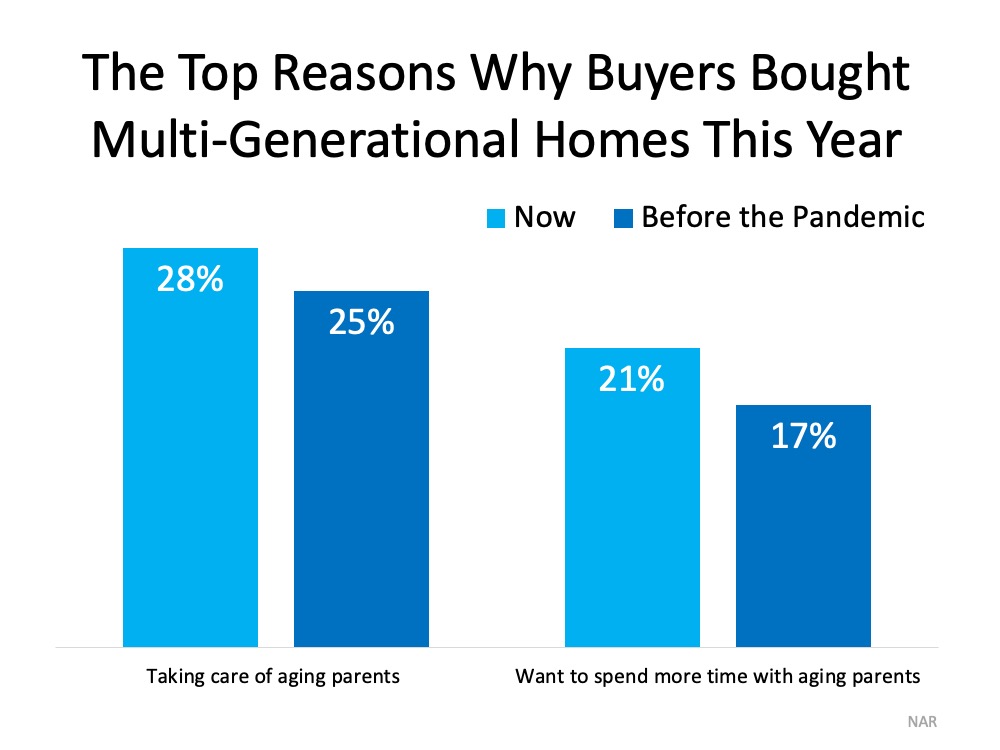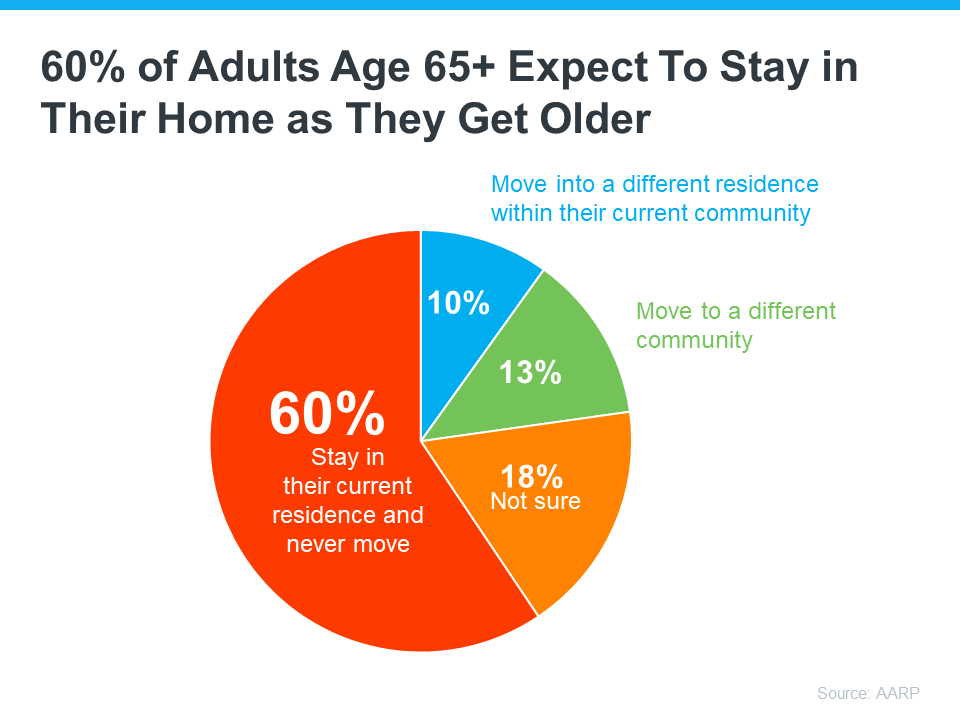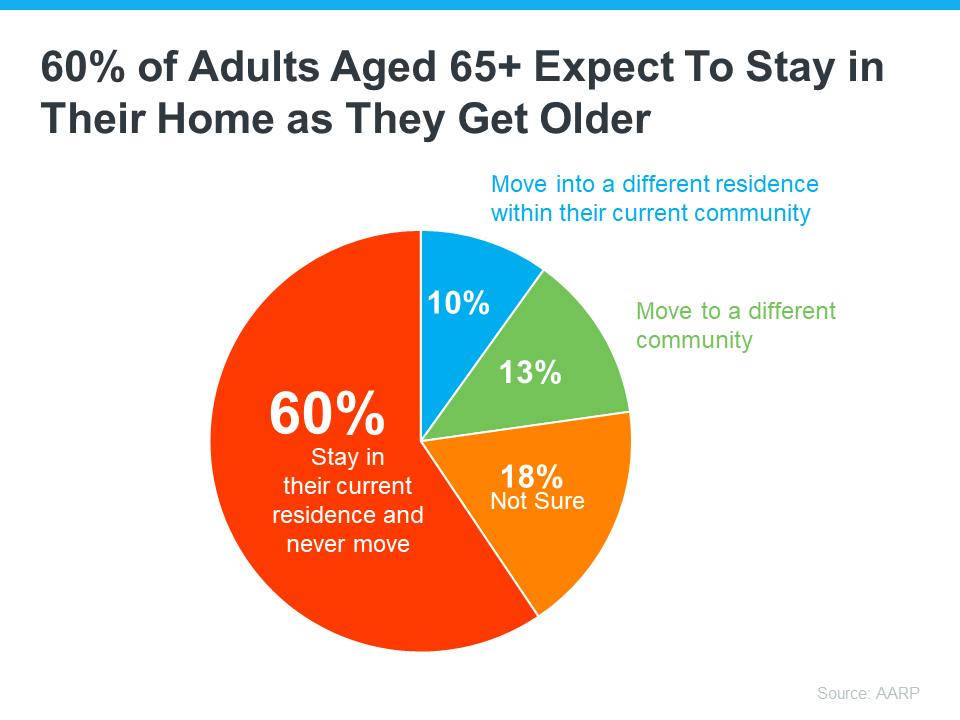

Demographics
More Generations Are Living Under One Roof This Year
Baby Boomers
Boomers Moving Will Be More Like a Gentle Tide Than a Tsunami
Demographics
The Benefits of Downsizing When You Retire
Demographics
Will a Silver Tsunami Change the 2024 Housing Market?
-

 Infographics2 weeks ago
Infographics2 weeks agoWhy Your Home’s Asking Price Matters More Today
-

 Agent Value4 weeks ago
Agent Value4 weeks agoYour House Didn’t Sell. Here’s What To Do Now.
-

 For Buyers4 weeks ago
For Buyers4 weeks agoIs Inventory Getting Back To Normal?
-

 Downsize4 weeks ago
Downsize4 weeks agoYou May Have Enough Equity To Downsize and Buy Your Next House in Cash
-

 For Sellers3 weeks ago
For Sellers3 weeks agoWhy More Sellers Are Choosing To Move, Even with Today’s Rates
-

 Infographics3 weeks ago
Infographics3 weeks agoWhat You Really Need To Know About Down Payments
-

 Agent Value4 weeks ago
Agent Value4 weeks agoWhy Most Sellers Hire Real Estate Agents Today
-

 Buying Tips3 weeks ago
Buying Tips3 weeks ago3 Reasons To Buy a Home This Summer















You must be logged in to post a comment Login